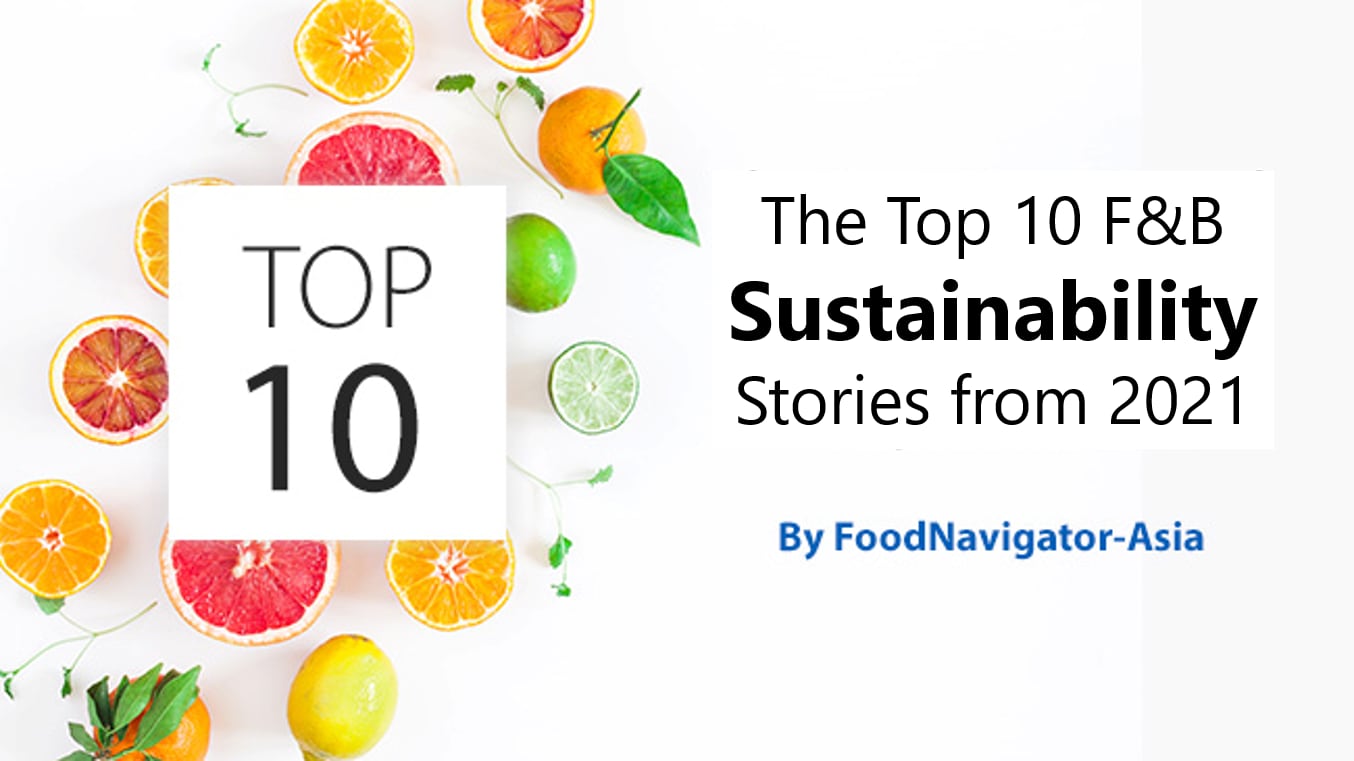While the palm oil industry as a whole has always faced sustainability debates, Malaysia’s palm oil sector in particular has had more problems with labour than its counterpart in Indonesia due to its extreme dependency on migrant labour, with the vast majority of workers in palm oil plantations coming from foreign countries.
The sector has faced its fair share of accusations of human rights issues including forced labour, child labour, worker abuse and more due to foreign workers being unable to or unaware of how to seek out help.
Although such accusations had been floating around for some years, the situation came to a head in late 2020 when the United States Customs and Border Protection (CBP) placed a detention order on palm oil and related products from Malaysia’s government-link FGV Holdings Berhad, saying that forced labour was being used to source this palm oil.
FGV has refuted all the accusations and as of October 2021, the firm appointed an independent auditing firm to assess its operations against 11 International Labour Organization (ILO) Indicators of Forced Labour.
The firm has also stressed its commitment to ‘respecting and protecting the rights of migrant workers’, such as investing RM350mn (US$83.5mn) to construct 319 blocks of new worker housing, establishing clinics in its plantations and using and e-Wallet system to enable these workers to get their salaries on time.
Importantly though, the fact that the detention order on FGV is still in place more than a year on appears to have had a ripple effect on the palm oil sector as a whole, with a lot more effort being focused by both the government and industry on improving workers’ rights.
From the industry’s end, the Malaysian Palm Oil Association (MPOA) recently launched a Responsible Employment Charter outlining the commitment of its workers to responsible recruitment and treatment of its workers, based on international guidelines and frameworks.
“This charter represents the commitment of the industry to follow international best practice on labour policies and practices,” MPOA Chairman Datuk Lee Yeow Chor said.
“[It affirms members’ commitment] to respect labour rights, adopt responsible recruitment practices and provide good working and living conditions for their workers.”
Other noteworthy points in the charter to highlight include commitments to prohibit recruitment fees being charged to jobseekers, not retaining workers’ passports or posing similar restrictions on freedom of movement, actively supporting workers joining trade unions and other worker organisations, and using publicly-available Corrective Action Plans (CAPs) as a means to address any future violations or allegations.
Although it was not expressly stated that the charter was developed to repair US-related palm oil trade ties, notably the charter was launched to coincide with US Secretary of State Antony Blinken’s visit to Malaysia.
During a joint press conference with Blinken, Malaysian Foreign Minister Saifuddin Abdullah also explicitly stated that the Malaysian government was also taking steps to improve labour issues locally, though he highlighted the pandemic as a cause of previous inadequacies.
“We have amended our labour law in particular to ensure that employers will take better care of their employees, for example, in their living conditions. We realize, especially due to the pandemic and the checkings that we do during the pandemics that, yes, some employers did not in actual fact provide good accommodation for [some] of their employees,” said Saifuddin.
“We have amended the law, and I think the ministry of human resource is vigilantly making their rounds and making sure that [the] employers provide the kind of proper accommodation. We have also introduced the e-wages online system where employees can – as and when they feel that they have been deprived of certain rights – [complain] online to the Ministry of Human Resources.
“We are committed to ensure that the employees are given what is due both in their salary, in their welfare, in their accommodation, and also that they have sufficient channels that they can freely use to complain.”
National Action Plan on Forced Labour
Earlier, Malaysian Minister of Human Resources Datuk Seri M Saravanan had already highlighted that the government would be taking steps to address the concerns about labour rights ‘from some importing countries’.
One of these was the launching of Malaysia’s National Action Plan on Forced Labour (NAPFL) 2021 – 2025 which was announced late last year.
“Malaysia is committed to accelerate efforts and work in unison with the international community to eradicate forced labour, and all of these efforts and initiatives are a testament to the Ministry’s and the government’s commitment to eradicate forced labour,” said Saravanan.
“As a trading nation, and as a country that firmly upholds the principle that human suffering should not be tolerated or compromised, particularly involving the welfare of workers, the government has taken various initiatives.
“To ensure that these initiatives are carried out in a structured manner, the National Action Plan on Forced Labour (NAPFL) 2021-2025 [has been] developed.”
Malaysia also agreed to ratify the ILO Protocol 29 (the protocol to the Forced Labour Convention), as a testament to the government’s commitment to eradicate forced labour.
MPOA has stressed that the industry’s charter is expected to complement this national action plan and commitment.





